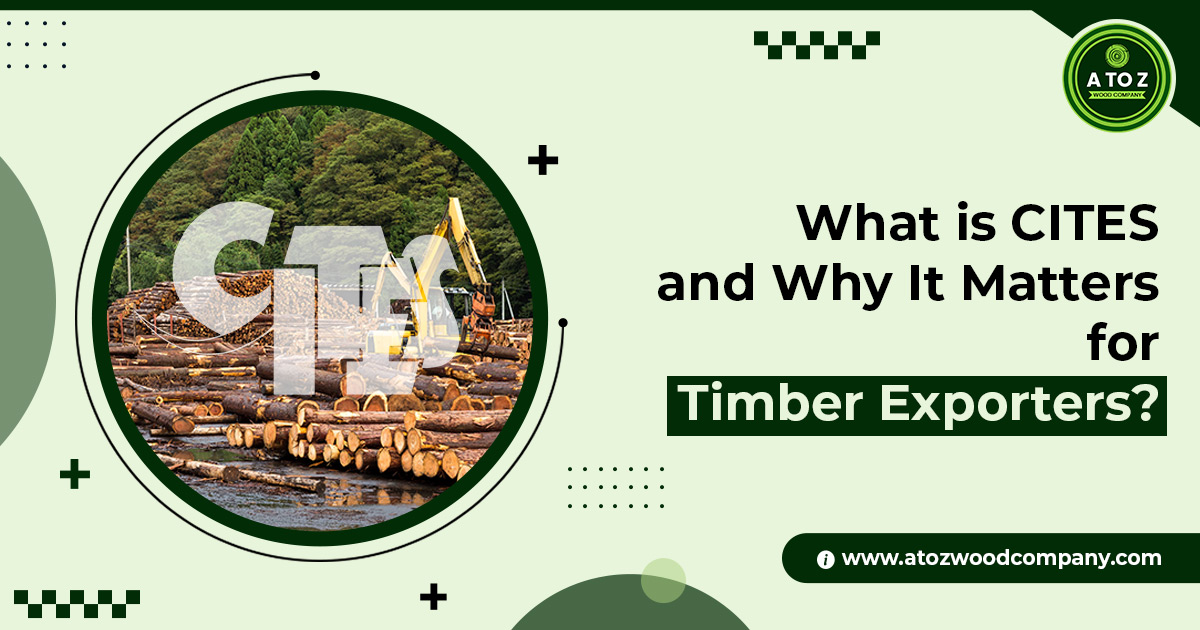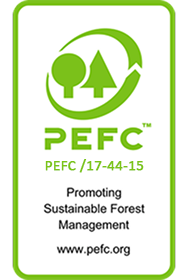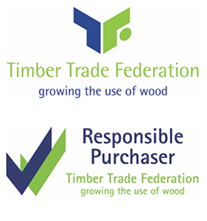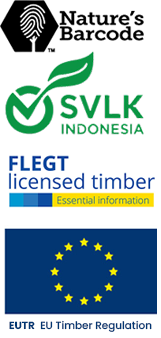The global timber industry is one of the largest and fastest-growing markets in international trade. From luxury furniture and flooring to construction and interior design, wood plays a vital role in everyday life. However, the rising demand for exotic and rare wood species has also increased the risk of illegal logging, over-harvesting, and biodiversity loss.
To protect endangered species and regulate trade, the international community relies on CITES—the Convention on International Trade in Endangered Species of Wild Fauna and Flora. For timber exporters, importers, and buyers, understanding CITES is essential to ensure compliance, sustainability, and smooth global transactions.
🌍 What is CITES?
CITES is a legally binding international agreement adopted in 1973 and enforced since 1975. Today, more than 184 member countries (Parties) actively participate. Its primary mission is to make sure that international trade in wild plants and animals, including timber species, does not threaten their survival in the wild.
For timber, this means that certain species cannot be traded freely across borders without permits. CITES works as a safeguard, ensuring that global demand does not harm the environment or endanger forest ecosystems.
🌳 CITES-Listed Timber Species
Not all timber falls under CITES regulation. Only specific endangered or vulnerable species are listed under its appendices:
Appendix I – Strict Protection
-
Species threatened with extinction.
-
International commercial trade is generally prohibited.
-
Example: Brazilian rosewood (Dalbergia nigra).
Appendix II – Controlled Trade
-
Species not immediately endangered but require regulation to avoid overexploitation.
-
International trade allowed only with CITES permits.
-
Examples: Afromosia (Pericopsis elata), Bigleaf Mahogany (Swietenia macrophylla), African Rosewood (Dalbergia spp.).
Appendix III – Regional Protection
-
Species protected in at least one country that seeks international cooperation.
-
Example: African teak (Milicia excelsa) in Ghana.
📌 In timber trade, most regulated species fall under Appendix II, where export is allowed but controlled through a permit system.
📜 Why CITES Matters for Timber Exporters
✅ 1. Legal Compliance
Exporters who trade in CITES-listed species must obtain CITES permits. Shipping without them can lead to cargo seizures, heavy fines, and permanent bans from international trade.
✅ 2. Global Market Access
Major importing countries like the USA, EU nations, China, and Australia strictly enforce CITES. Complying with its regulations ensures smooth customs clearance and uninterrupted exports.
✅ 3. Building Trust with Buyers
Today’s buyers want more than just wood—they want sustainability, traceability, and legality. CITES compliance provides assurance that timber is sourced responsibly, boosting customer confidence and brand reputation.
✅ 4. Sustainability and Conservation
CITES ensures that trade and conservation work hand-in-hand. Exporters who follow guidelines contribute to protecting endangered forests, maintaining biodiversity, and securing resources for the future.
How AtoZ Wood Company Ensures CITES Compliance
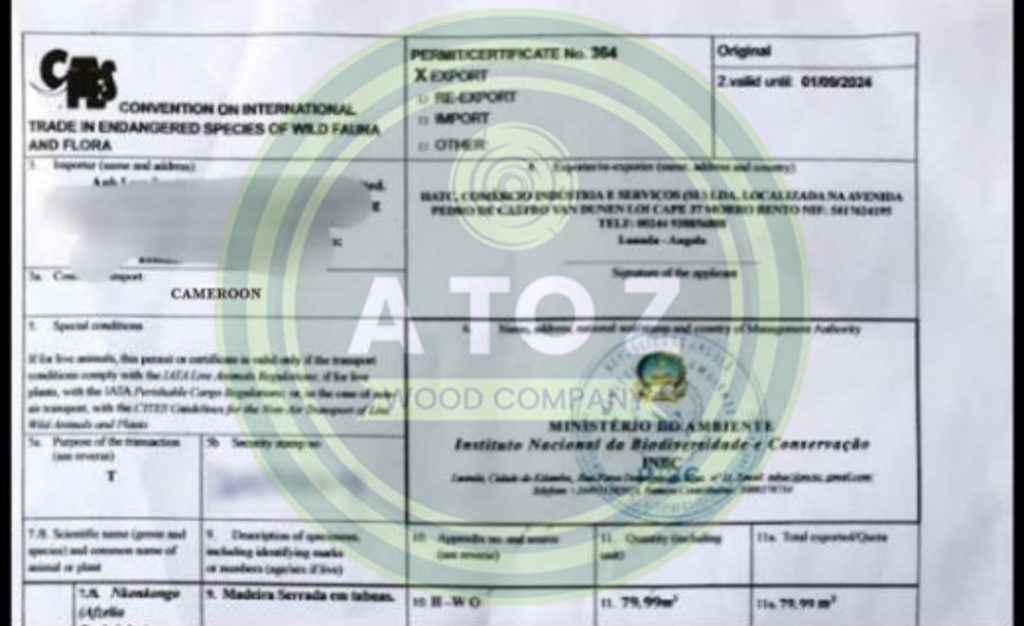
At AtoZ Wood Company, we understand that our clients demand not just high-quality timber, but also legally verified and sustainably sourced wood. That’s why we integrate CITES compliance into every stage of our operations:
-
CITES Permits & Documentation – We obtain and provide all necessary permits for regulated species, ensuring hassle-free export.
-
Sustainable Harvesting – Only mature trees (30+ years) are harvested, with strict limits of two trees per hectare per year.
-
Geo-Referenced Forest Management – Using advanced GPS and mapping systems, we track every harvested tree for transparency.
-
Worker & Community Support – By combining responsible trade with social development, we ensure sustainability beyond just forests.
-
Trusted Global Supply – With exports across Europe, Asia, Oceania, and North America, we meet international legal requirements consistently.
🌿 Conclusion
In today’s competitive market, CITES compliance is more than a legal formality—it is a symbol of trust, responsibility, and long-term growth. For timber exporters, adhering to CITES ensures smooth operations, sustainable sourcing, and access to premium global markets.
At AtoZ Wood Company, we are committed to exporting only CITES-compliant, sustainably harvested timber. Whether you’re looking for mahogany, afromosia, rosewood, or other high-quality wood species, you can rely on us for legality, sustainability, and unmatched service.

 +237 681 25 6934
+237 681 25 6934
